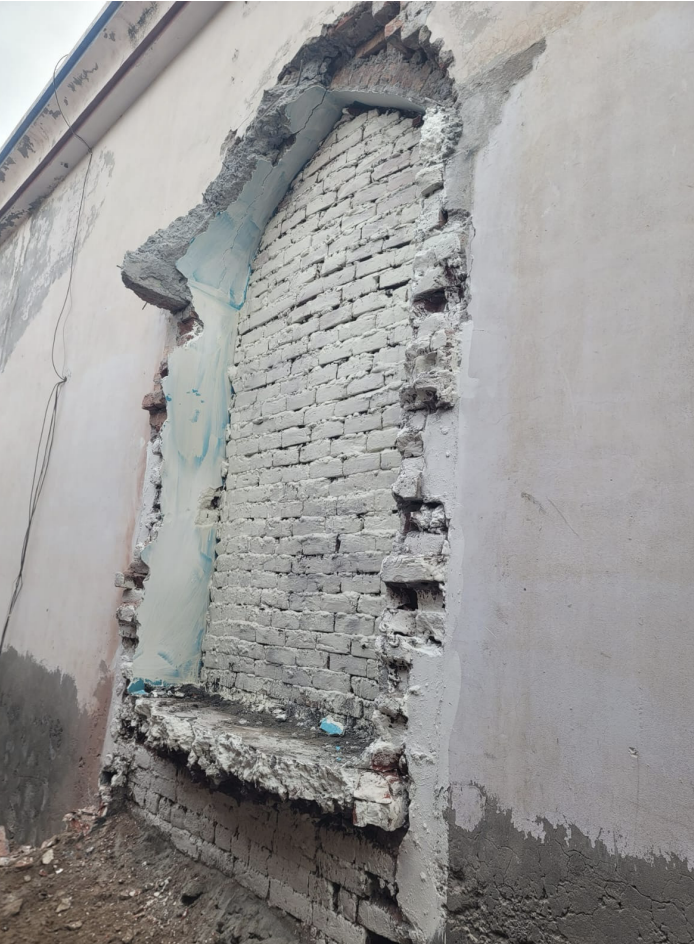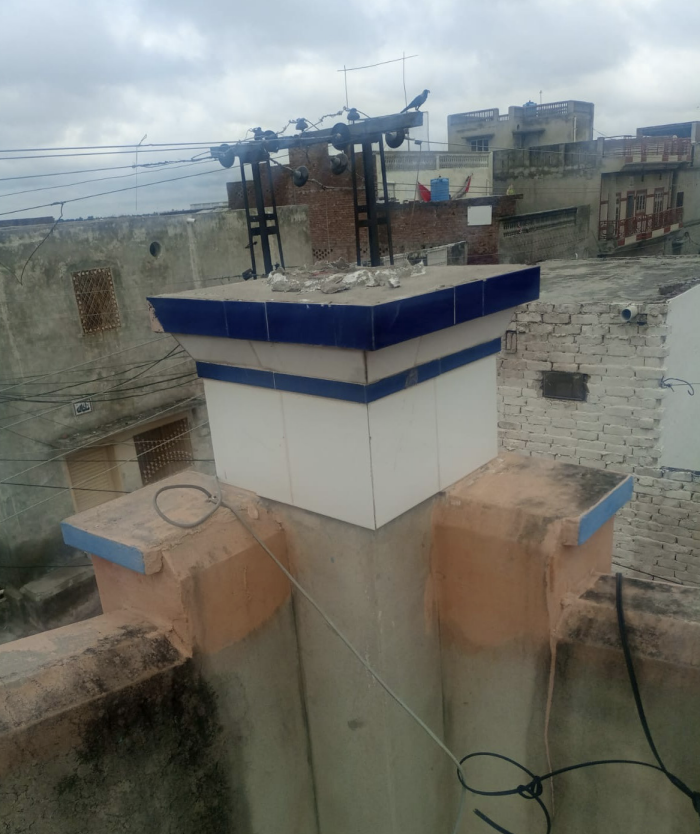More than 269 Ahmadi Muslim graves have been desecrated in 2025 alone, and since 2023 more than 50 Ahmadi Muslim mosques have been desecrated.
On the night of 2 September, police officers in District Nankana, Punjab, carried out the targeted demolition of religious architectural features at two Ahmadi Muslim mosques in the villages of Chahur Mughliyan and Chahur Kotli. Minarets and mihrabs (prayer niches) were torn down under the cover of darkness, without legal notice, written documentation, or formal demolition orders.
This action followed sustained pressure from extremist clerics and anti-Ahmadi actors, who had for weeks demanded the removal of these features, claiming they resembled those of other Muslim mosques. Local officials and police reinforced these calls by urging members of the Ahmadiyya Muslim Community to undertake the demolitions themselves. The Ahmadiyya Muslim Community refused, citing legal protections and fundamental rights to freedom of religion.


The desecrated prayer niche (top), and minaret (bottom).
Despite their refusal, authorities summoned local community presidents to a meeting on 2 September. Present were the Assistant Commissioner, the Deputy Superintendent of Police (DSP), and Ahmadiyya Community office bearers. The officials announced that demolitions would take place that very night. When the Ahmadi Muslim representatives raised concerns and requested written authorisation, the DSP dismissed legal objections and insisted that police had the power to proceed without documentation.
Later that night, police entered the mosques and carried out the destruction. Photographs show toppled minarets and shattered prayer structures. No legal paperwork was presented. No court order was issued. This incident is part of a wider, escalating pattern of religious suppression targeting Ahmadi Muslims in Pakistan.
This unlawful act represents a serious violation of both Pakistani constitutional protections and international human rights law. No legal justification has been presented to the Ahmadiyya Muslim Community, and the operation appears to have been deliberately timed to avoid scrutiny or legal challenge.
Ahmadi Muslims in Pakistan continue to face targeted state-enabled persecution for their faith. This incident underscores the urgent need for international attention and accountability.
Source: Ahmadiyya Muslim Community UK.
